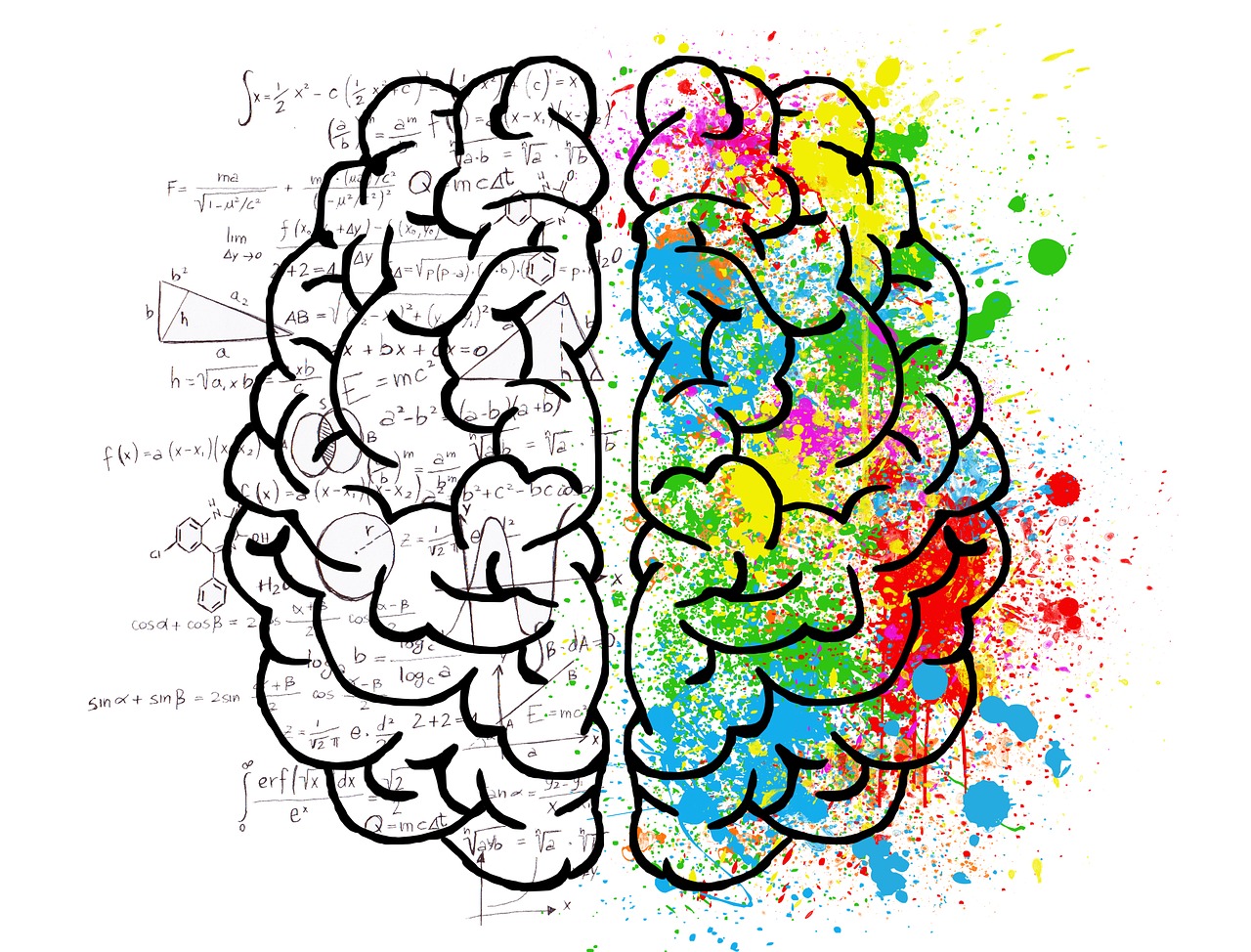
© ElisaRiva, pixabay
When asked which was the greatest of the commandments, Jesus said, “You shall love the Lord your God with all your heart, and with all your soul, and with all your mind.” (Matthew 22.37). Mark’s and Luke’s accounts (Mark 12.30; Luke 10.27) also include “and with all your strength.” Part of loving God with our minds is, at least for me, learning more about our minds. This includes learning about how our minds conceive of God, how we can develop habits of mind that might bring us closer to God, and how worship shapes our attitudes and thinking. These are precisely the sorts of things that are studied by psychologists of religion.
Sometimes when I mention to fellow Christians that my academic field is the Psychology of Religion, they become a bit wary. In some cases, this is because they think that Psychology is only interested in trying to prove that God exists only in our minds. But most Psychology of Religion is really interested in how the practice of religion – involvement in worship and other religious rituals – shapes people’s thinking and behaviour and how religion and religious belief can contribute to wellbeing.
My own area of interest and research is the relationship between worship and moral thinking. Christians know that we are meant to behave ethically. We are to love our neighbours as ourselves, which Jesus says is second only to the commandment to love God with all our hearts, souls and minds (Matthew 22.39). In the words of the prophet Micah, we should, “do justly, love mercy, and walk humbly with … God” (Micah 6.8). Not all Christians seem to agree, however, on how we do that, and what ethical issues might be encompassed by these instructions. My research, therefore, focuses on whether the style and content of Christian worship influences what issues Christians think are ethically important.
The use of music in worship seems to make a difference. There are two possible reasons for this. It could be that, because we tend to remember things that we sing about or hear set to music better than things that we just hear spoken, if we sing hymns and worship songs that talk about a moral issue, for example caring for creation, these things will remain in our minds and become important to us. The second reason may be that music helps congregations to bond together as a group, and that this can help people to take on board the moral teachings expressed in church. I’m currently pursuing research in this area to try and get a picture of what aspects of worship help to shape our thinking and attitudes towards moral issues.
Why does this matter? It is a demonstration of how science, in this case the science of Psychology, can be used in the service of the Church. If we know how worship helps to shape our moral thinking, those who have responsibility for planning and leading worship can do so in an informed way that helps people to be better disciples of Jesus. It is important, however, that if research like mine is used in this way, this is done openly and without being manipulative.
Of course, this isn’t the only way in which Psychology can be put at the service of the Church. People who are religious believers often draw on their faith to help them cope in times of adversity or crisis. The American Psychologist Kenneth Pargament recognised this and developed a theory of religious coping that identifies the different ways in which people use religion in facing life’s challenges (Pargament 1997)[1]. Understanding this research can help the Church to enable positive and constructive means of helping people through difficult times.
Psychology can be employed in very practical ways in the life of the Church. It is not, however, the only science that can be used in service to the Church. Ecology and climatology can both open our eyes to the amazing place that our planet is and help us to understand the problems facing our world and possible solutions. Physics and astronomy can fill us with awe and wonder at the complexities of the subatomic world and the wonders of the universe, causing us to lift our spirits in praise to the Creator. Biology shows us in just how many ways we are “fearfully and wonderfully made,” as the psalmist wrote, helping us to appreciate and give thanks for the life we’ve been given. In all of these, our minds, as well as our souls and our hearts, are engaged in love of God.
[1]Kenneth Pargament, 1997, The Psychology of Religion and Coping(New York: Guildford Press).
 The Revd Jennifer Brown is an ordained priest in the Church of England and a member of the academic teaching staff at Ripon College Cuddesdon, an Anglican Theological College near Oxford, UK. From 2014 to 2018 she was Science Missioner in south Oxfordshire, a post in which she helped the Church to engage with the science and technology industry and issues in science and religion. Jennifer has degrees in Psychology and the Psychology of Religion and is currently researching for a PhD on Christian worship and moral thinking. She is Secretary of the Science and Religion Forum.
The Revd Jennifer Brown is an ordained priest in the Church of England and a member of the academic teaching staff at Ripon College Cuddesdon, an Anglican Theological College near Oxford, UK. From 2014 to 2018 she was Science Missioner in south Oxfordshire, a post in which she helped the Church to engage with the science and technology industry and issues in science and religion. Jennifer has degrees in Psychology and the Psychology of Religion and is currently researching for a PhD on Christian worship and moral thinking. She is Secretary of the Science and Religion Forum.




